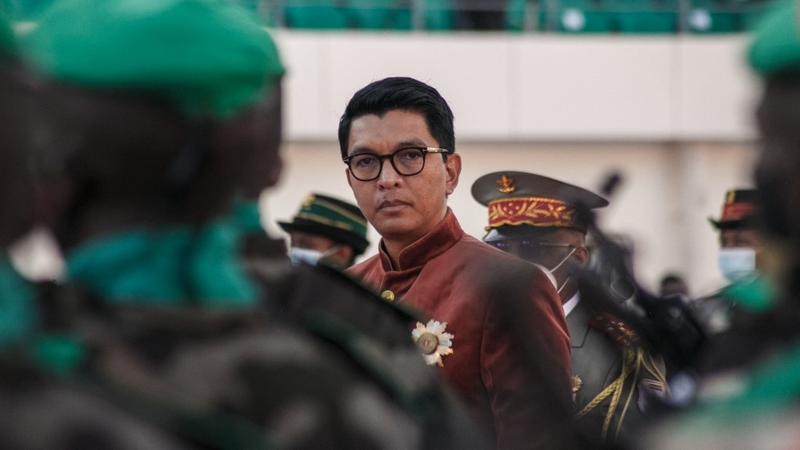In Madagascar, elected officials denounce the lack of impartiality of the High Constitutional Court, but also the pressure exerted by President Rajoelina on the deputies of his own camp.
Decidedly, nothing works out between the Malagasy government and parliament. Last December, the president had to put his troops in order. And for good reason: while members of the majority were preparing to join the opposition to table a motion of censure against the Prime Minister, Christan Ntsay, Andry Rajoelina had summoned the elected officials of his party – around sixty – to call on them to calm down. The parliamentarians were not very receptive, disappointed by the government's inertia, but also by its interference in the internal affairs of the National Assembly.
At the time, the motion was rejected, officially because it did not respect “the constitutional provisions in force”. The President of the National Assembly had, in the words of the President of the Republic, felt "humiliated". The elected officials then appealed to the High Constitutional Court (HCC). The latter has just given reason to the parliament, while the deputies considered that the powers were intertwined.
Presidential pressure and blackmail?
After the government's interference, parliamentarians are now denouncing the "flagrant lack of independence" of the Constitutional Court. According to the twenty deputies who have just signed a text against the HCC, the latter is playing a “dangerous game”. They consider that they were not informed of the modalities of the motion of censure, neither by the Constitution nor by the internal regulations of the National Assembly. “It is a very big problem because it is an attack on the constitutional order”, they sum up.
While the Malagasy presidential election is approaching, the rejection of the motion of censure and the confirmation of the legality of this decision by the HCC throws, according to deputies, the discredit on the latter, which has already in the past shown its “partiality”. “We, deputies from Madagascar, can no longer give our confidence today to the HCC, which is not neutral at all”. The deputies believe that its members “are at the boot of power, at the boot of the executive”.
What to expect from a worsening of relations within the majority itself: “More and more deputies, especially the IRD (the presidential coalition, editor’s note) contest the way in which the government manages the National Assembly, summarizes the deputy Marie -Therese Volahaingo. But most are afraid of the president. Fear that they will not be granted infrastructure in the districts. Fear of threats, orders”.
